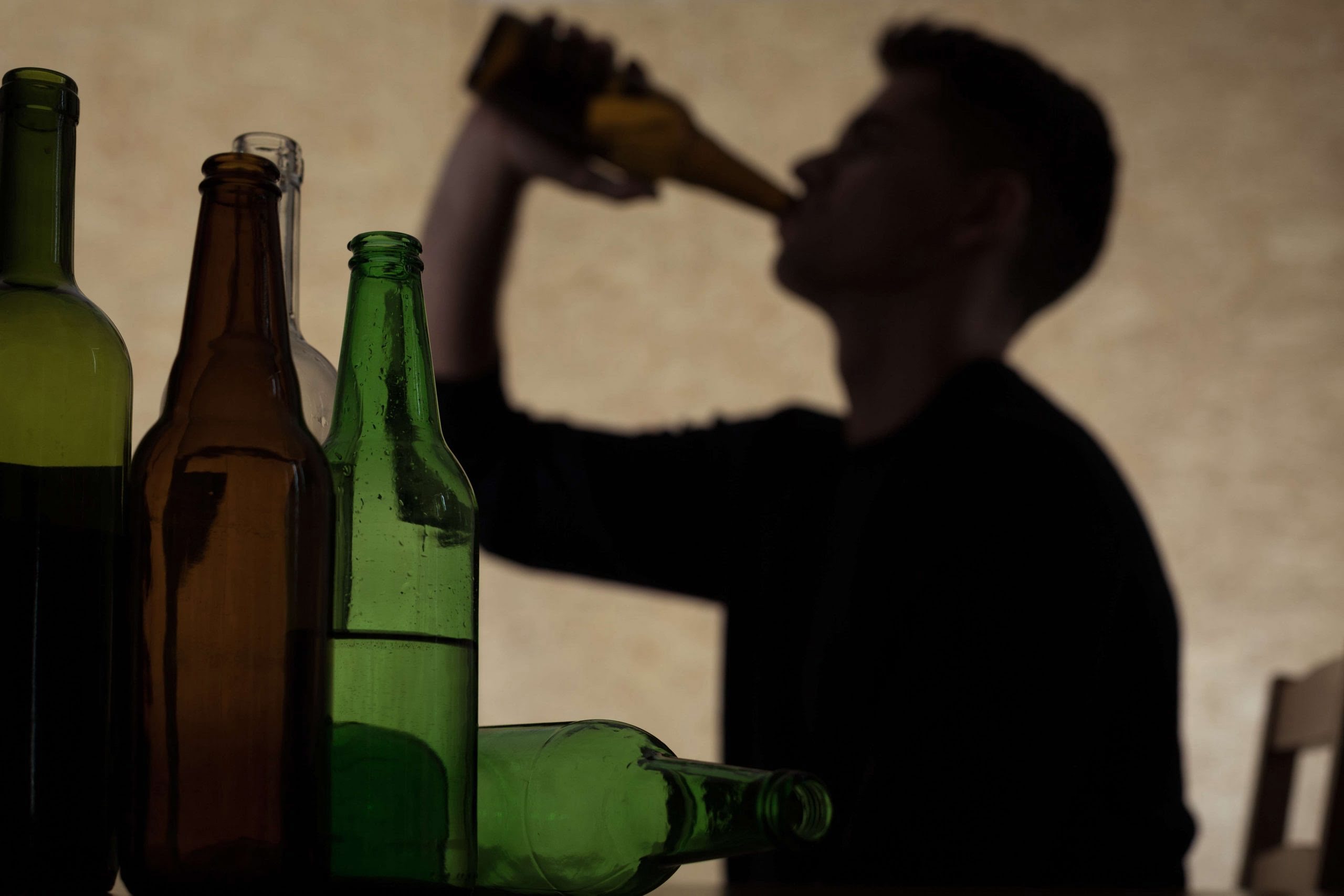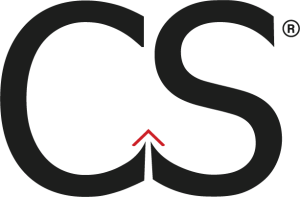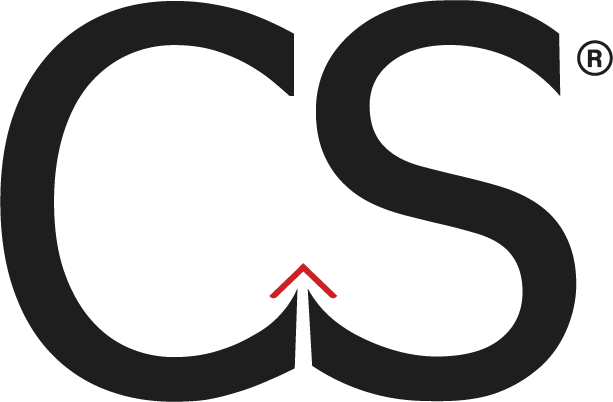Engaging in mindfulness practices and stress-reduction techniques, such as deep breathing exercises or meditation, can also support emotional stability during this turbulent phase. Navigating these symptoms is crucial for anyone seeking improved mental health and cognitive function during recovery. When you stop drinking alcohol and replace it with water, your body will begin to rehydrate itself and absorb more water into the bloodstream and cells throughout the body, including the brain. One of the first few signs of improved hydration status is healthier-looking skin. Less wrinkles, less puffiness, a decrease in red blotches, and a brighter glow are signs of improved skin due to better hydration status. One of the challenges that people face in the first few weeks when quitting alcohol is the adjustment to their lifestyle.

How Long Does Alcohol-Related Brain Fog Last?
- Your experience should be similar, and you can always ask the staff at the treatment center if your challenges with thinking are normal.
- Gill is the owner of the Sober Powered Media Podcast Network, which is the first network of top sober podcasts.
- In this article, we will discuss eight different methods that you can use to clear your head and feel like yourself again and even improve your brain health in the long run.
- Itching usually begins to occur during phase three of the withdrawal process and may continue for a week or longer.
- Family and friends can offer emotional backing, which greatly enhances the likelihood of a successful detox experience.
This can help you avoid much of the unpleasantness that can occur as withdrawal symptoms develop. Alcohol can worsen depression and be an emotional crutch, making it difficult to experience true happiness outside of drinking. Stopping alcohol can make you feel happier by allowing you to experience positive emotions without alcohol. Quitting alcohol can help reduce the depression and anxiety that alcohol can bring and significantly improve your situation in life, increasing your overall happiness.

What a Typical Day in a PHP Looks Like
We aim to support the widest array of browsers and assistive technologies as possible, so our users can choose the best fitting tools for them, with as few limitations as possible. This website utilizes various technologies that are meant to make it as accessible as possible at all times. We utilize an accessibility interface that allows persons with specificdisabilities to adjust the website’s UI (user interface) and design it to their personal needs. You also consent to Asana Recovery contacting you by phone, text message, and email regarding your insurance benefits and treatment services. Marshe prides herself on listening to and understanding where her patients are now, and helping them overcome any barriers to their care goals. When not working at WelbeHealth, Dr Robinson enjoys time with his family and hitting the occasional ace on the tennis court.
Post-Acute Withdrawal Syndrome (PAWS): A Prolonged Battle
Liver function begins to improve after a couple of weeks after quitting alcohol, but after a couple of months, you may feel the differences in your body. Depending on your drinking history, the liver usually takes up to 6 months (or even more) to return to normal function. After you are out of the withdrawal phase, you may start to have stronger cravings and urges for alcohol. There are medications to help control these urges and cravings, as well as therapy and support groups that can help teach you healthy coping techniques. Pursuing cognitive behavioral therapy is one part brain fog after quitting drinking of alcohol addiction treatment. Many people find staying in an inpatient facility helpful because they can avoid the places they used to drink in.
Sleep Quality Post-Detox

As the body detoxifies from alcohol, the brain undergoes significant changes. The sudden absence of https://staging.climatecatalyst.org/partner-sober-homes-8/ alcohol causes the brain’s neurotransmitter systems, primarily dopamine and serotonin, to rebound and can increase activity in certain areas. This heightened activity can lead to symptoms such as irritability and difficulty concentrating, all of which contribute to brain fog. Although recovering from alcohol addiction is a life-long journey, making it through the first year after you stop drinking is a milestone to be proud of. Alcohol and depression often co-occur together because alcohol can trigger depression due to its effect on serotonin levels, and depression can trigger alcohol use disorder. After refraining from alcohol, the levels of serotonin in the brain begin to stabilize, and your mood becomes more stable.
Chief Medical Officer
At the very least, you need someone standing by to watch over you and daily doctor visits. A treatment center is the safest and most effective way to detox from alcohol. Unfortunately, this is a very difficult and sometimes even dangerous option. I’m dealing with severe brain fog, fatigue, and an unusually strong irritation Halfway house towards noises. I’ve even found myself getting into fights with the air, which is completely out of character for me. Brain fog in addiction recovery can be frustrating to overcome, especially when you’re attempting to focus on proper coping skills and therapy.


